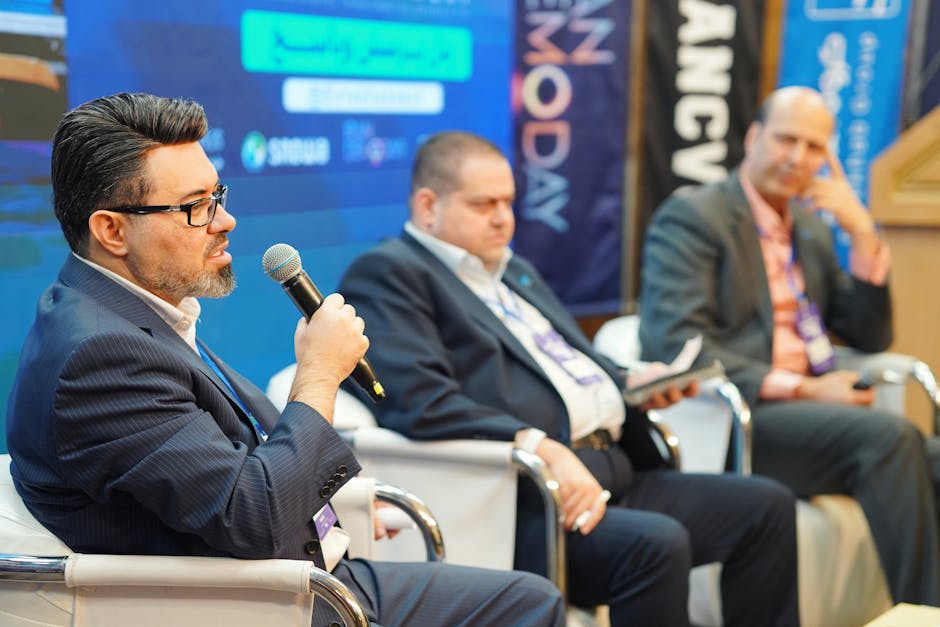Mentorship-Based Sound Engineering Programs: Learn from Industry Experts
Sound engineering isn’t just about twisting knobs and pushing faders. It’s an art form, a science, and for many, a way of life. But breaking into this field can feel a bit like trying to mix a track without headphones, you don’t know where to start or what really matters. That’s where mentorship-based programs come into play, offering aspiring sound engineers the chance to learn directly from industry experts who have been in the trenches.

Why Mentorship Matters in Sound Engineering
Think about learning how to ride a bike. Sure, you could read a manual or watch videos, but until someone is there to show you the ropes, help you balance, and give real-time feedback, it’s a lot harder to get going. The same applies to sound engineering. While traditional classroom education has its merits, there’s something uniquely effective about having a mentor (a seasoned professional) guide you through the nitty-gritty details of the craft.
Imagine working alongside someone who’s mixed albums for Grammy-winning artists or designed soundscapes for blockbuster films. They don’t just teach you textbook theory; they share their real-world workflow, explain why they choose one microphone over another, and reveal tricks they’ve developed over years of trial and error. This kind of mentorship accelerates your learning curve in ways that YouTube tutorials or textbooks simply can’t replicate.
What Sets Mentorship-Based Programs Apart?
Unlike traditional classroom settings, mentorship-based programs are often hands-on from day one. Instead of spending weeks going over theory before touching any equipment, you’re thrown into the mix, literally. Whether it’s setting up a live sound rig or troubleshooting signal flow in a recording studio, the experience is immersive and practical.
Take programs like those offered by Recording Connection, where students apprentice under professional audio engineers in actual studios rather than sitting in a lecture hall. This approach ensures that every lesson is grounded in reality. Instead of just learning about compression ratios theoretically, you’ll apply them while mixing tracks that might end up on someone’s album.
And because these programs are tailored to you and your goals, there’s room to explore specialized areas like sound design for video games or post-production for film. It’s not a one-size-fits-all curriculum, it’s crafted around your aspirations.
The Insider Advantage: Networking and Industry Access
Let’s be honest, breaking into sound engineering isn’t just about skill; it’s also about connections. A mentor often acts as your gateway into an industry that can otherwise feel impenetrable. They introduce you to key players, recommend you for gigs, and help you build the kind of network that leads to opportunities.
If you’re shadowing an engineer during a high-profile session and deliver stellar work (even if it’s something as simple as setting up mics correctly) people notice. That assistant gig could quickly turn into an invitation to mix a track or assist at another studio. Mentorship doesn’t just teach you technical skills; it teaches you how to navigate professional relationships and seize opportunities when they arise.
Real-Life Skills You Can’t Learn From Books
No textbook will prepare you for the chaos of a live show when feedback screams through the speakers ten minutes before curtain call. Nor will it explain how to diplomatically handle a band member who insists their guitar needs more reverb (even though it doesn’t). These are lessons learned only through experience and ideally under the guidance of someone who’s been there before.
Mentorship-based programs excel at simulating these real-life scenarios so that when they happen on the job, you’re not caught off guard. Whether it’s managing egos during recording sessions or troubleshooting faulty cables mid-set, mentors pass down practical wisdom that goes beyond any syllabus.
Is It Right for You?
If you’re considering jumping into sound engineering through a mentorship program, ask yourself what kind of learner you are. Do you thrive in hands-on environments? Are you eager to learn directly from people actively working in the industry? Do you want more than just theoretical knowledge? If your answer is yes, then this approach might be exactly what you're looking for.
But let’s be clear: mentorship-based programs aren’t for everyone. They require initiative and independence since much of the learning happens outside structured classrooms. You’ll also need to be willing to put yourself out there, networking with industry professionals and taking full advantage of your mentor's guidance.
Final Thoughts
Sound engineering is as much about intuition as it is about technical know-how, and mentorship-based programs are designed with this balance in mind. By learning directly from industry veterans, students gain not only technical proficiency but also an insider perspective on how things really work behind the scenes.
If you're ready to roll up your sleeves and dive into the art of capturing sound with creativity and precision, consider seeking out mentorship-based opportunities that put you side-by-side with experts who’ve walked this path before you.
